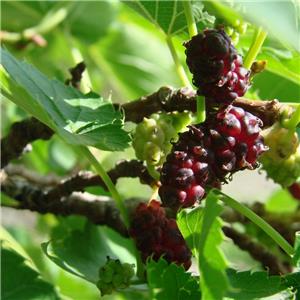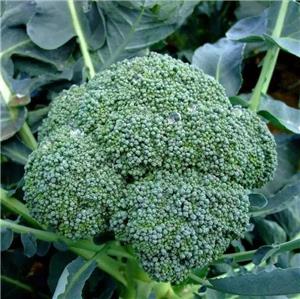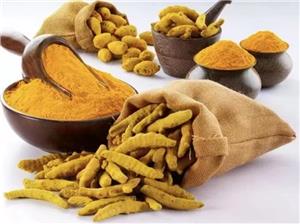-
2909-2021
Papua New Guinea steps up efforts to eliminate lymphatic filariasis
MDA is needed to reduce infection in the community to levels below a threshold at which mosquitoes are unable to continue spreading the parasites from person to person, and new infections are prevented. WHO recommends the transmission assessment survey (TAS) to determine when infections have been reduced below these target thresholds and MDA can stop. Once MDA has stopped, TAS is used as a surveillance tool to determine that infection levels are sustained below target thresholds.
-
2809-2021
Safe abortion in the context of COVID-19: partnership, dialogue and digital innovation
As the pandemic continues to challenge health systems capacity for delivering essential services, International Safe Abortion Day is an opportunity to celebrate global efforts to protect ongoing provision of comprehensive abortion care.
-
2409-2021
On new recommendation for treatment of COVID-19 patients: WHO calls for equitable access to casirivimab and imdevimab for COVID-19
The World Health Organization (WHO) welcomes the addition of another therapeutic to the world’s arsenal against COVID-19, but urges producing companies and governments to address the high price and limited production of the Regeneron antibody combination and ensure safe and appropriate handling of the medicine.
-
2209-2021
WHO calls on world leaders at the UN General Assembly to focus on vaccine equity, pandemic preparedness, and getting the SDGs back on track
WHO is urging leaders attending the 76th session of the United Nations General Assembly (UNGA) to guarantee equitable access to COVID-19 vaccines and other life-saving tools; ensure the world is better prepared to respond to future pandemics; and renew efforts to achieve the Sustainable Development Goals (SDGs).
-
1609-2021
Leaders Make Urgent Call To Accelerate Vaccination Globally And In Africa
WHO Director-General Dr Tedros Adhanom Ghebreyesus and a group of global health leaders today issued an urgent call for vaccine equity globally and in Africa in particular. The leaders stressed that the worst pandemic in the last hundred years will not end unless and until, there is genuine global cooperation on vaccine supply and access. They also reiterated the WHO’s global vaccination target for 70% of the population of all countries to be vaccinated by mid- 2022.
-
1309-2021
How vaccines can help to prevent antibiotic resistance - Zimbabwe’s response to drug-resistant outbreaks of typhoid and cholera
Antibiotic resistance is a natural phenomenon that happens when bacteria develop the ability to defeat the drugs designed to kill them. The germs change over time, no longer responding to medicines thus making infections harder, and sometimes impossible, to treat. This, in turn, results in higher health care costs for both individuals and governments. “Preventing and controlling antibiotic resistance calls for a multi-pronged approach, of which vaccines is one”, says Dr Stanley Midzi, WHO Health Systems Strengthening Advisor.
-
1009-2021
Upcoming WHO Consultation on the Composition of Influenza Virus Vaccines for the Southern Hemisphere 2022
We wish to inform you that the WHO Consultation on the Composition of Influenza Virus Vaccines for Use in the 2022 Southern Hemisphere Influenza Season will take place virtually from 13-23 September 2021, followed by an Information Meeting on the 24 September 2021, with vaccine manufacturers and national vaccine regulatory agencies. More information is available on the website here. The WHO recommendation will be based on the analysis of recent influenza viruses worldwide.
-
0809-2021
New World Food Safety Day Report highlights a year-round effort to promote and ensure safe food for all
On 7 September 2021 WHO and FAO jointly released the annual World Food Safety Day report highlighting around 300 different events organized around the world on the occasion of World Food Safety Day (7 June 2021). Celebrations were held in 90 countries by international organizations, governments, businesses, non-governmental organizations, academics and individuals.
-
0609-2021
Virtual cGMP Training Marathon for vaccine manufacturing
Many low- and middle-income countries (LMICs) face inconsistent supply of quality-assured vaccines and are therefore dependent on importation to fill the gaps in supply. It is recognized that local production can improve timely access and safeguard health security in vaccine supplies.
-
0309-2021
World failing to address dementia challenge
Only a quarter of countries worldwide have a national policy, strategy or plan for supporting people with dementia and their families, according to the WHO’s ‘Global status report on the public health response to dementia’, released today. Half of these countries are in WHO’s European Region, with the remainder split between the other Regions. Yet even in Europe, many plans are expiring or have already expired, indicating a need for renewed commitment from governments.




